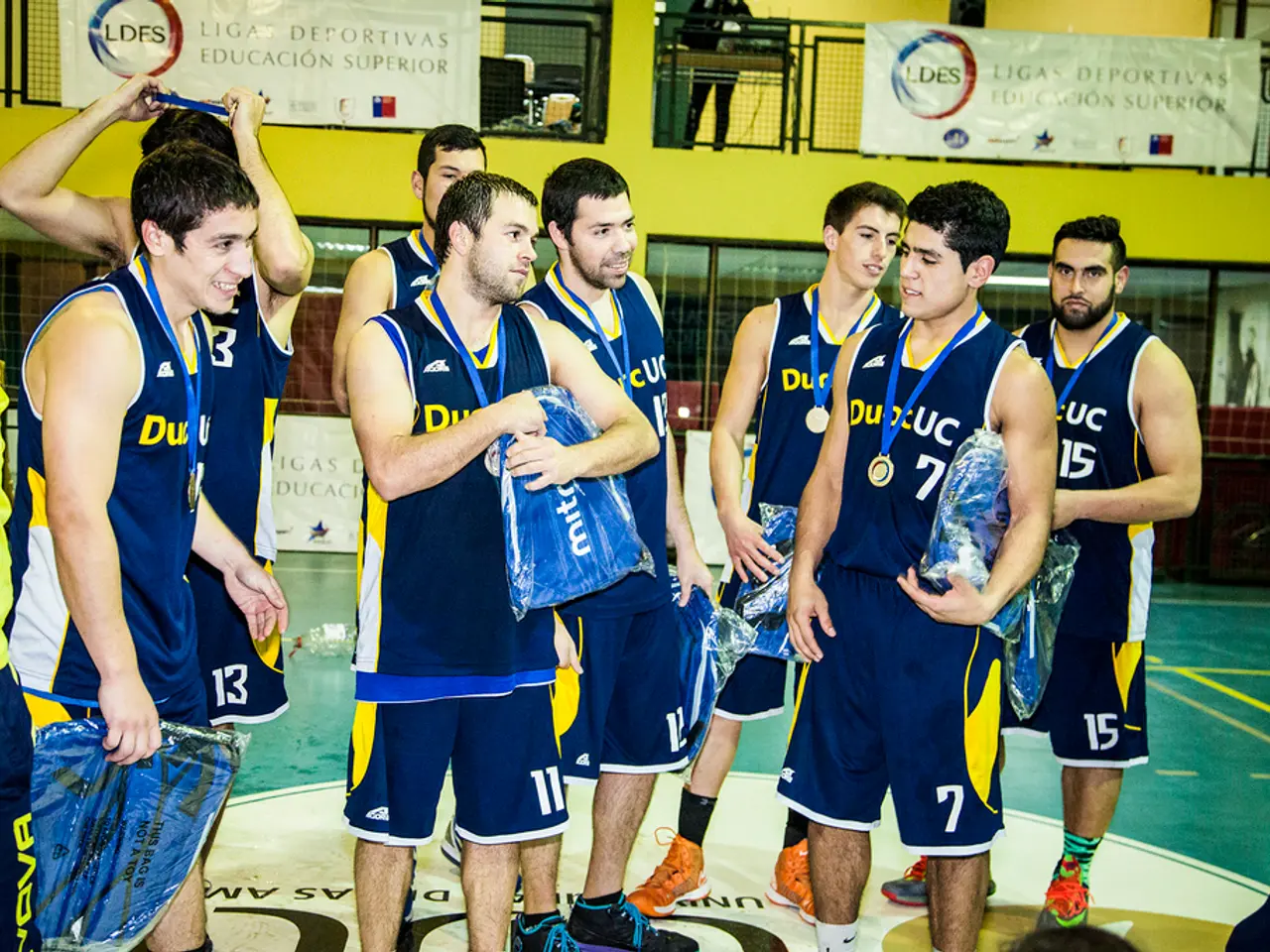Award of gold in biathlon event at Sochi goes to German athletes
The International Biathlon Union (IBU) continues its investigation into the suspected manipulation of data in the Moscow anti-doping laboratory during the 2014 Winter Olympics. The investigation, which has broader implications for other Russian teams and athletes, was prompted by anomalies found in the biological passport of Evgeny Ustyugov, a member of the original winning Russian team.
Ustyugov was retroactively banned for doping and his results were nullified, leading to the redistribution of the medals in the men's 4x7.5km relay. The German team, who were originally in second place, 3.5 seconds behind Russia, were awarded the gold medal by the International Olympic Committee (IOC) in 2025.
Ustyugov's legal challenges against his ban and the nullification of his results were rejected by all courts, including the Swiss Federal Tribunal in May 2025. This decision paved the way for the IOC to award the gold medal to Germany.
Erik Lesser, a member of the German team, expressed relief that the issue was resolved and looked forward to receiving the new medal. "It's been a long time coming, but we're finally getting the recognition we deserve," he said.
The athletes can decide where they want to receive their medals, with one option being the 2026 Winter Olympics in Cortina d'Ampezzo. However, there is no available information on the gold medal recipient in the men's 4x7.5km relay at the 2026 Winter Olympics after the disqualification of the Russian team due to doping.
The IBU's actions are part of a larger movement to address doping in sports and ensure fair competition for all athletes. The IBU's findings and actions could potentially lead to changes in the way anti-doping measures are implemented and enforced in biathlon and other sports.
The IBU's investigation and subsequent actions may also impact Russia's participation in future Olympic Games or other international competitions. Additionally, the IBU's suspicions and the anomalies in Ustyugov's biological passport are likely factors in his doping ban and the nullification of his results.
The IBU's investigation and subsequent actions may also impact the reputation of biathlon as a sport and the trust of fans and sponsors in the sport's integrity. The IBU has not yet made a formal announcement regarding any penalties for Russia due to the suspected manipulation of data.
Read also:
- United States tariffs pose a threat to India, necessitating the recruitment of adept negotiators or strategists, similar to those who had influenced Trump's decisions.
- Weekly happenings in the German Federal Parliament (Bundestag)
- Southwest region's most popular posts, accompanied by an inquiry:
- Discussion between Putin and Trump in Alaska could potentially overshadow Ukraine's concerns






